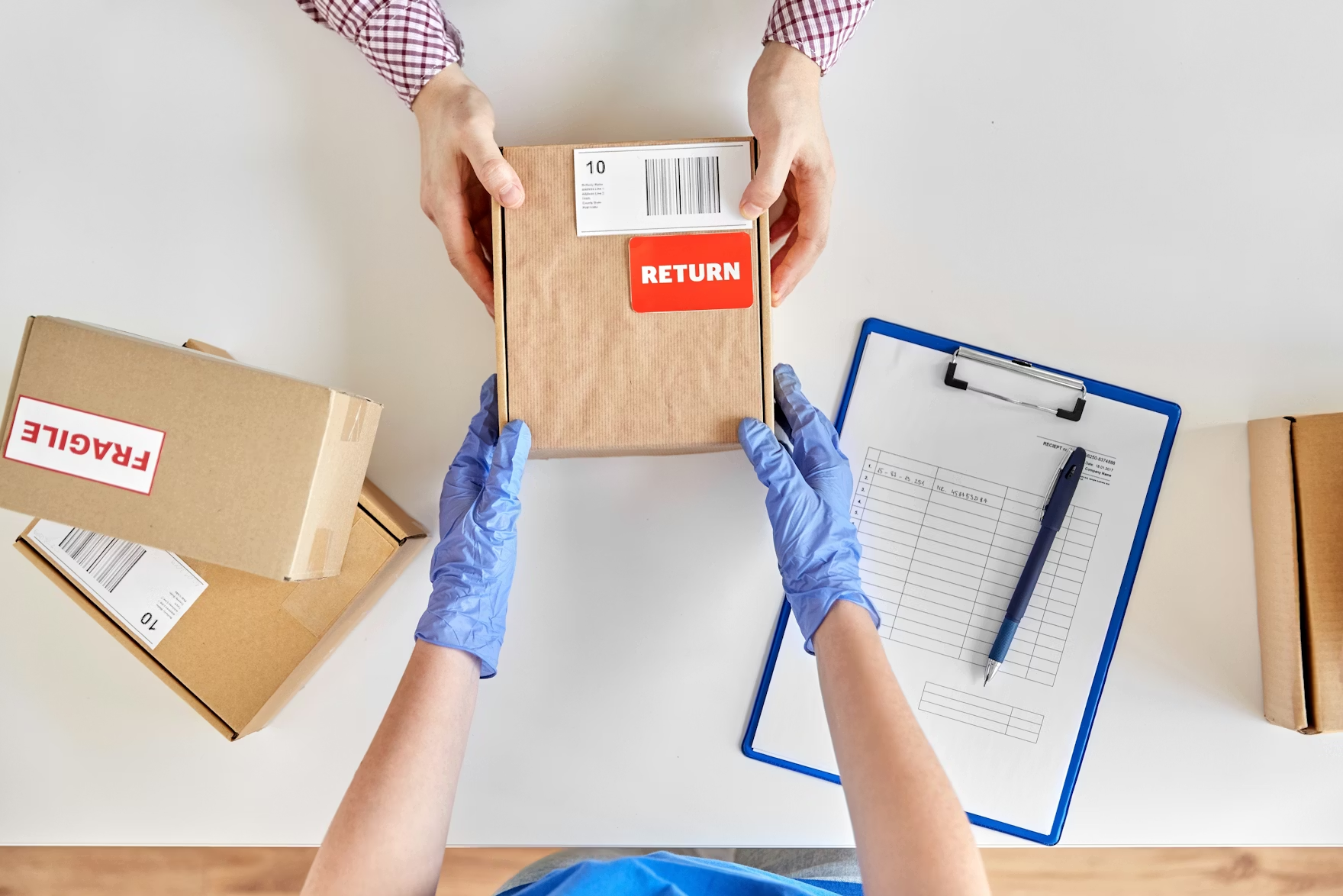


As retailers navigate the complexities of inventory management, the question of what to do with excess textiles becomes increasingly pressing. Traditional solutions like recycling fall short of addressing the root causes of waste, leaving retailers searching for more sustainable alternatives. Enter LiquiDonate, a forward-thinking platform that not only provides a transparent pathway for donating unsold clothing but also offers an innovative upstream solution for handling returned items before they occupy valuable warehouse space.
The Limitations of Traditional Recycling
For years, recycling has been touted as a solution to the problem of textile waste in the retail industry. However, the reality of textile recycling reveals significant shortcomings. Recycling processes consume substantial resources and energy, often yielding lower-quality materials that have limited reuse potential. Moreover, the lack of transparency in recycling practices raises ethical concerns about where donated items ultimately end up.

The Importance of Thinking Upstream
LiquiDonate recognizes that true sustainability begins upstream, at the point where unsold and returned clothing items first enter the retail supply chain. By addressing these items before they accumulate in warehouses or distribution centers, retailers can minimize waste and maximize the impact of their donations. LiquiDonate offers retailers the opportunity to donate returned clothing directly to nonprofits, bypassing the need for storage and disposal altogether. Here's how:
- Preventing Accumulation: LiquiDonate allows retailers to donate returned clothing items before they ever reach the warehouse, preventing unnecessary accumulation and freeing up valuable space while saving money on reverse logistics costs.
- Efficient Donation Process: Through LiquiDonate, retailers will be seamlessly connected to nonprofits that have a genuine need for donated clothing, ensuring that items are put to good use and not landfilled overseas.
- Transparent Tracking: LiquiDonate provides retailers with full visibility into the donation process, allowing them to track the impact of their contributions every step of the way.
Embracing Sustainable Solutions with LiquiDonate
In a world where sustainability is more important than ever, retailers need solutions that address the root causes of waste. LiquiDonate offers a forward-thinking approach that empowers retailers to make a positive impact from the very beginning of the supply chain. By partnering with LiquiDonate, retailers can reduce waste, support communities in need, and demonstrate their commitment to environmental stewardship.

The issue of unsold and returned clothing items presents a significant challenge for retailers, but traditional recycling methods only scratch the surface of the problem. LiquiDonate's upstream solution offers a more sustainable alternative, allowing retailers to donate clothing before it ever reaches their warehouses. By embracing LiquiDonate, retailers can minimize waste, maximize impact, and pave the way for a more sustainable future in the retail industry. Join the movement for upstream sustainability with LiquiDonate today. Get started today: sales@liquidonate.com









